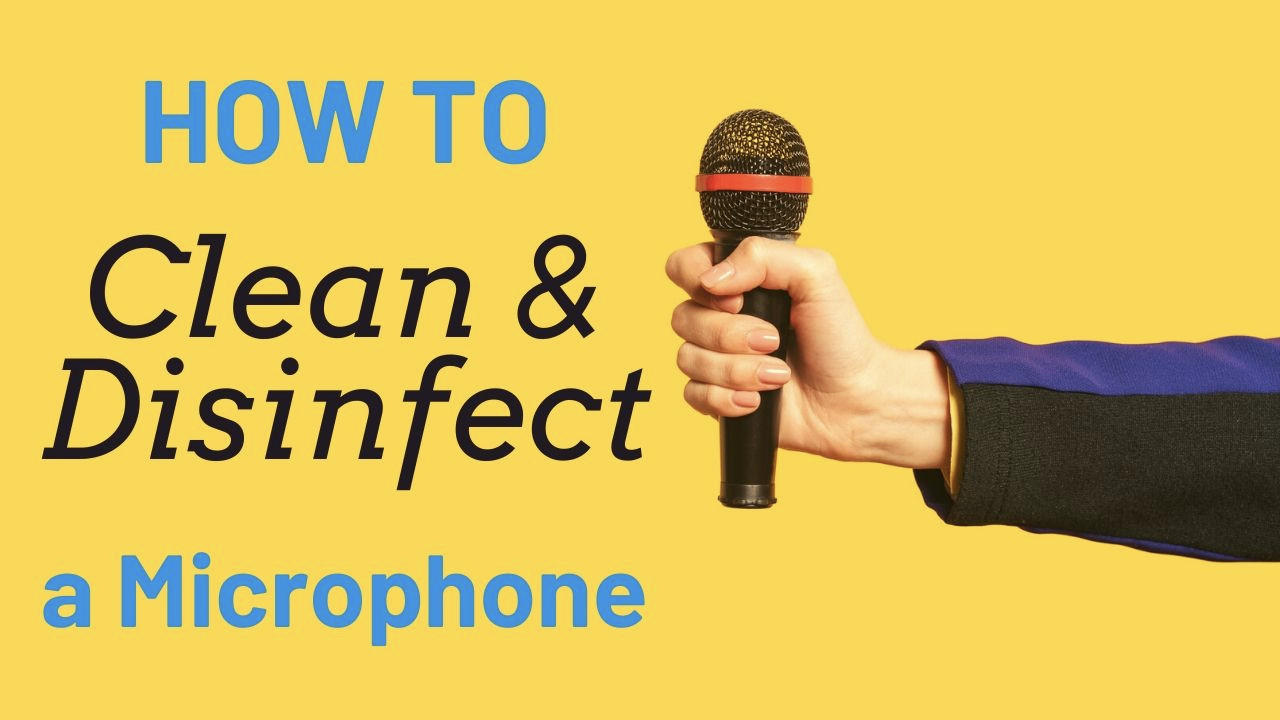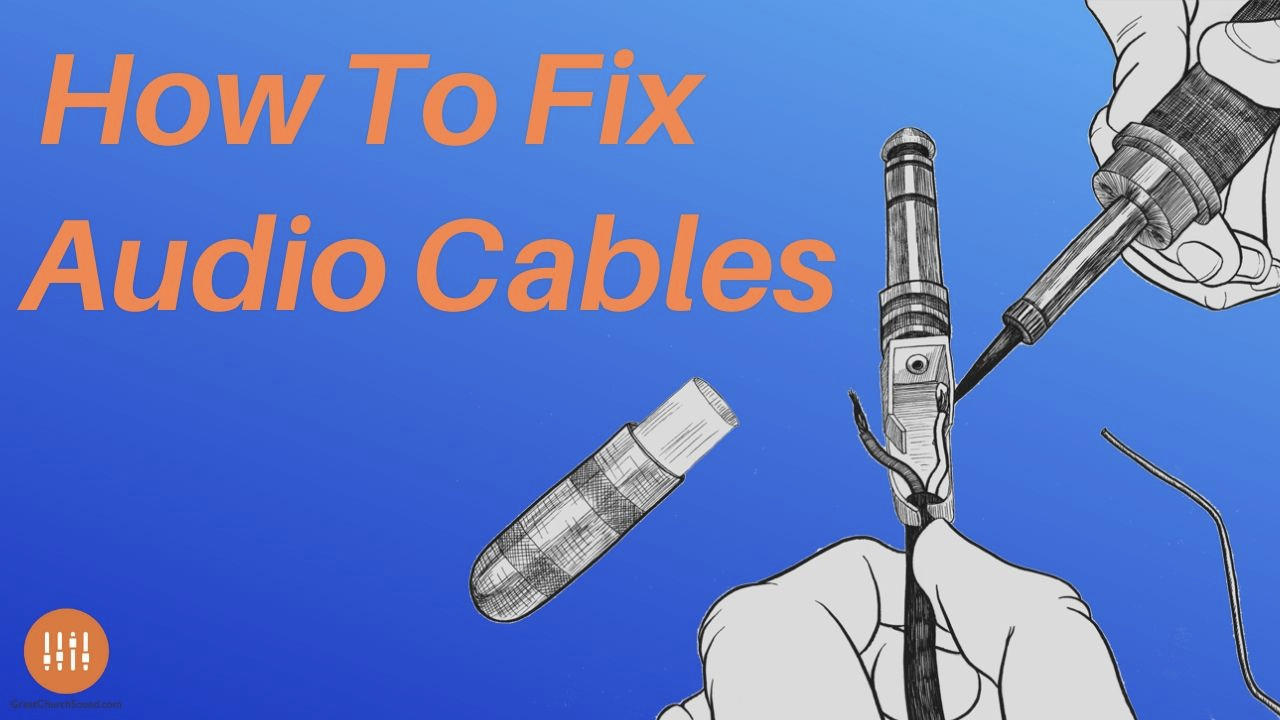Blog
Church Sound Sanity Kit

A big part of running live sound at church is being prepared. Live production requires a special set of skills and tools. And sometimes it’s the simplest tools that can save the day.
- What do you do when a mic stand clamp breaks at the last minute?
- How are you going to fix that low quality signal from the electric-acoustic guitar?
- Where is that hum coming from and how are you going to get rid of it, fast!?
Don’t let a last-minute audio emergency ruin your service. Here is a list of things to keep handy for those “just in case” moments.
Church Sound Survival Sanity Kit
Gaffer’s Tape
Always keep a roll or two handy. It’s great for taping down cables on stage, holding gear together, and many other creative uses. The good stuff won’t ...
How 1/4" Audio Cables Work

The venerable 1/4" (6.35mm) phone plug has been with us for a long time – since 1878!
Something that has been around that long is bound to have a lot of different uses associated with it.
Yes, it's called a "phone" plug because...
The original use was as a convenient way to manually switch telephone lines at the central station (you know, those old-fashioned switchboard operators?).
As it relates to audio and professional live sound systems, the 1/4" plug is used for 5 primary functions:
- Stereo cables (headphones)
- Unbalanced cables (guitars)
- Balanced pro audio cables (console outputs)
- Insert patch cables (side-chain effects like reverb or compression)
- Speaker cables (monitors & mains)
The first four cables may look exactly the...
How To Stop Buzz & Hum

If you’ve run sound for very long, then you’ve probably encountered buzz and hum in your sound system.
And chances are you want to get rid of it, fast!
Buzz vs. Hum
Buzz and Hum are different.
They sound different, and they have different causes.
This means that fixing them may require different solutions.
Buzz is often a higher pitched noise that can even crackle at times. (Imagine the zzzzzzz and crackle in a bad AM radio station.)
Hum tends to sound lower pitched and it will likely have a tone signature that you can actually hum along with. (Imagine a low or mid-frequency mmmmmm.)
Finding & Fixing Buzz
Buzz is generally caused by electrical noise or interference that gets into the audio signal.
This interference can come from b...
How To Clean & Disinfect a Microphone

With cold and flu (and now Coronavirus / COVID-19) season here in force, there have been a lot of questions about how to properly clean and disinfect microphones.
Unsurprisingly, there is some misleading and often bad information on some of the social media threads that I’ve seen lately.
Here are some tips to help you keep those mics clean and sanitary, now and any time of year.
Why should I clean a microphone?
The recommended mic placement for handheld vocal microphones means that the microphone is very close to or even touches the singer’s face or lips. This means that spit/mucus/etc. can easily be transferred from the mouth to the microphone grill and underlying foam filter.
The body of the microphone is another surface that can be ...
How To Fix Audio Cables

When you work with live sound, you're going to deal with a lot of different audio cables.
And sometimes those cables break.
The most common cable problem can actually happen inside of the connectors at either end of the cable where individual wires can become physically detached from the connection points.
This can happen for several reasons, but here are the 3 most common causes:
- The cable was pulled or bent in a way that the strain relief inside the connector gave way and one or more conductors were pulled loose from the connector.
- An instrument cable (guitar cable) was used as a speaker cable (stage monitor) and the high power from the amplifier circuit caused the center conductor of the instrument cable to disintegrate, losing co ...





